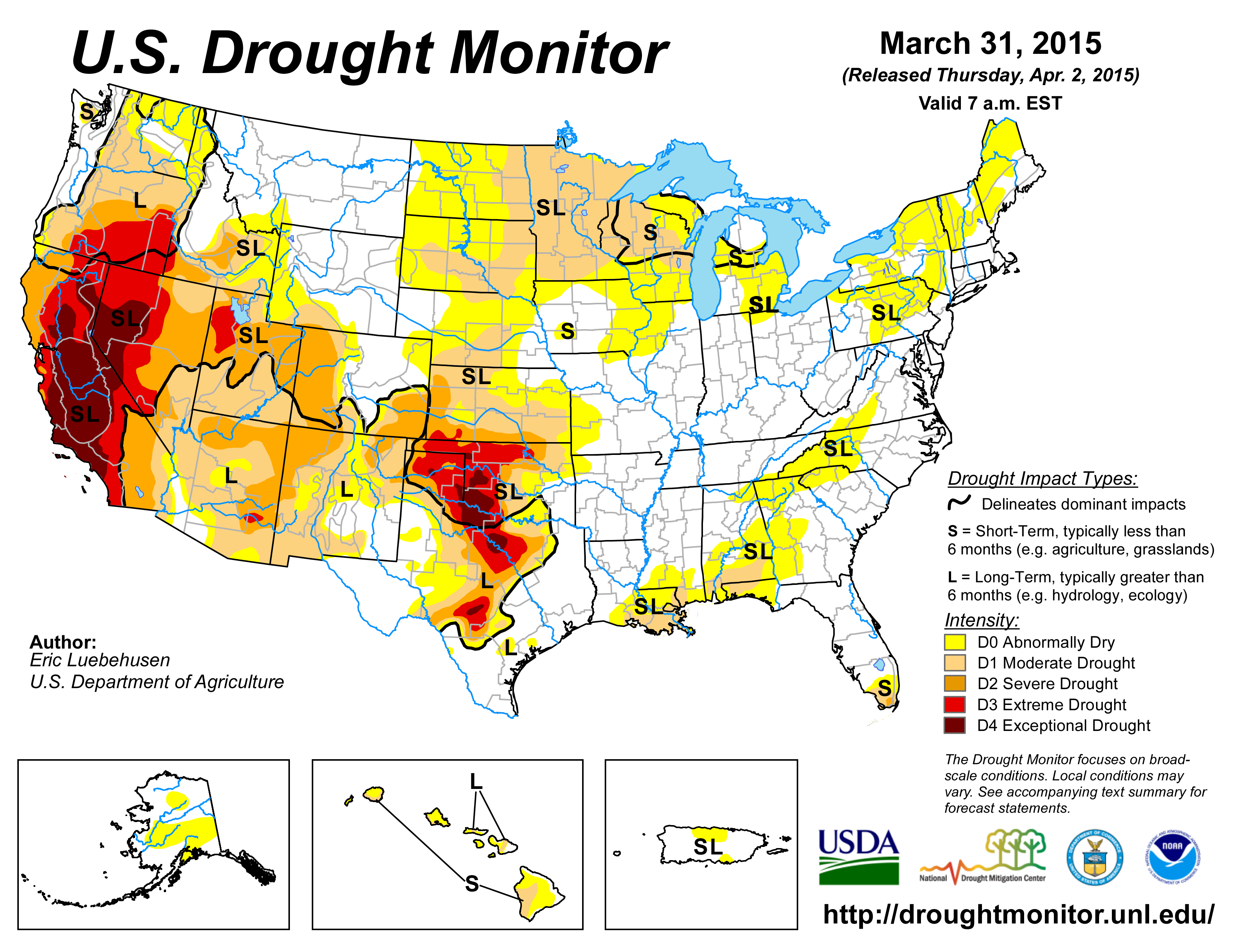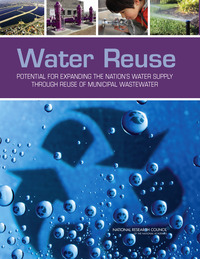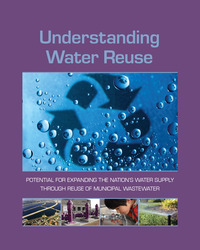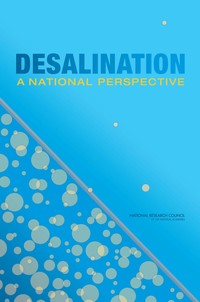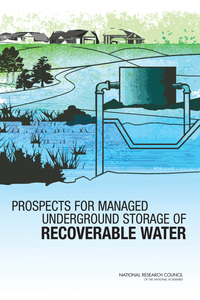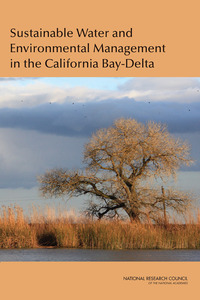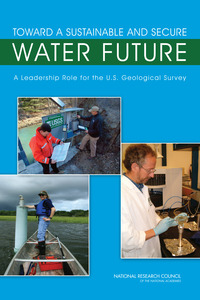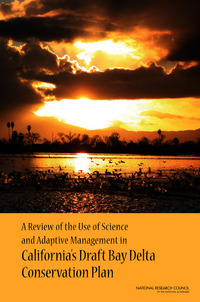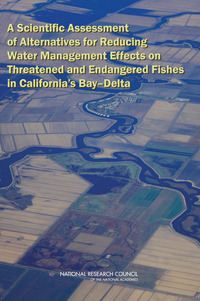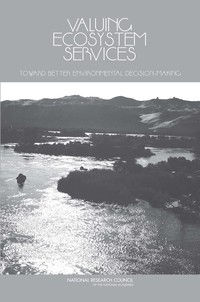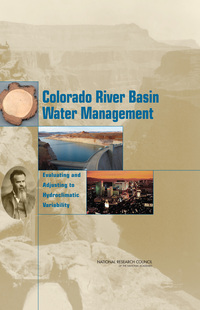
Celebrate Earth Day by exploring resources that outline actions we can take to address Earth’s biggest challenges. Our publications present guidance for policymakers, communities, and even individuals on topics such as climate change, pollution in the ocean, and sustainable ways to provide power, feed people, and provide services to cities and communities. As always, all are free to read online and download.

Biodiversity at Risk: Today’s Choices Matter
A growing body of evidence has sounded the alarm that the biodiversity that supports and sustains life on Earth is at risk. Habitat destruction, resource exploitation, and climate change are among the many stressors that have put 1 million species under threat of extinction and sharply reduced the populations of many plant and animal species. …[more]

A Research Strategy for Ocean-based Carbon Dioxide Removal and Sequestration
As of 2021, atmospheric carbon dioxide levels have reached historically unprecedented levels, higher than at any time in the past 800,000 years. Worldwide efforts to reduce emissions by creating a more efficient, carbon-free energy system may not be enough to stabilize the climate and avoid the worst impacts of climate change. Carbon dioxide …[more]

Reckoning with the U.S. Role in Global Ocean Plastic Waste
An estimated 8 million metric tons (MMT) of plastic waste enters the world’s ocean each year – the equivalent of dumping a garbage truck of plastic waste into the ocean every minute. Plastic waste is now found in almost every marine habitat, from the ocean surface to deep sea sediments to the ocean’s vast mid-water region, as well as the Great …[more]

Local communities are already experiencing dire effects caused by climate change that are expected to increase in frequency, intensity, duration, and type. Public concern about climate-related challenges is increasing, available information and resources on climate risks are expanding, and cities across the country and the globe are developing …[more]

Enhancing Community Resilience through Social Capital and Connectedness: Stronger Together!
Disasters caused by natural hazards and other large-scale emergencies are devastating communities in the United States. These events harm individuals, families, communities, and the entire country, including its economy and the federal budget. This report identifies applied research topics, information, and expertise that can inform action and …[more]

The need for sustainable agriculture is becoming ever more significant. The world’s population is still increasing, requiring more from our agricultural systems. Malnutrition and diet-related illnesses are present in nearly all societies. At the same time, agriculture plays a significant role in some of the biggest environmental challenges that …[more]

Accelerating Decarbonization of the U.S. Energy System
The world is transforming its energy system from one dominated by fossil fuel combustion to one with net-zero emissions of carbon dioxide (CO2), the primary anthropogenic greenhouse gas. This energy transition is critical to mitigating climate change, protecting human health, and revitalizing the U.S. economy. To help policymakers, businesses, …[more]

Assessment of Technologies for Improving Light-Duty Vehicle Fuel Economy—2025-2035
From daily commutes to cross-country road trips, millions of light-duty vehicles are on the road every day. The transportation sector is one of the United States’ largest sources of greenhouse gas emissions, and fuel is an important cost for drivers. The period from 2025-2035 could bring the most fundamental transformation in the 100-plus …[more]

Global Change Research Needs and Opportunities for 2022-2031
The US Global Change Research Program (USGCRP) is a collection of 13 Federal entities charged by law to assist the United States and the world to understand, assess, predict, and respond to human-induced and natural processes of global change. Global Change Research Needs and Opportunities for 2022-2031 advises the USGCRP on how best to …[more]

A National Strategy to Reduce Food Waste at the Consumer Level
Approximately 30 percent of the edible food produced in the United States is wasted and a significant portion of this waste occurs at the consumer level. Despite food’s essential role as a source of nutrients and energy and its emotional and cultural importance, U.S. consumers waste an estimated average of 1 pound of food per person per day at …[more]

Reflecting Sunlight: Recommendations for Solar Geoengineering Research and Research Governance
Climate change is creating impacts that are widespread and severe for individuals, communities, economies, and ecosystems around the world. While efforts to reduce emissions and adapt to climate impacts are the first line of defense, researchers are exploring other options to reduce warming. Solar geoengineering strategies are designed to cool …[more]

A Decision Framework for Interventions to Increase the Persistence and Resilience of Coral Reefs
Coral reefs are critical to ocean and human life because they provide food, living area, storm protection, tourism income, and more. However, human-induced stressors, such as overfishing, sediment, pollution, and habitat destruction have threatened ocean ecosystems globally for decades. In the face of climate change, these ecosystems now face …[more]

A Research Review of Interventions to Increase the Persistence and Resilience of Coral Reefs
Coral reef declines have been recorded for all major tropical ocean basins since the 1980s, averaging approximately 30-50% reductions in reef cover globally. These losses are a result of numerous problems, including habitat destruction, pollution, overfishing, disease, and climate change. Greenhouse gas emissions and the associated increases in …[more]

Pathways to Urban Sustainability: Challenges and Opportunities for the United States
Cities have experienced an unprecedented rate of growth in the last decade. More than half the world’s population lives in urban areas, with the U.S. percentage at 80 percent. Cities have captured more than 80 percent of the globe’s economic activity and offered social mobility and economic prosperity to millions by clustering creative, …[more]

Pedestrian and Bicycle Transportation Along Existing Roads—ActiveTrans Priority Tool Guidebook
TRB’s National Cooperative Highway Research Program (NCHRP) Report 803: Pedestrian and Bicycle Transportation Along Existing Roads—ActiveTrans Priority Tool Guidebook presents a tool and guidance that may be used to help prioritize improvements to pedestrian and bicycle facilities, either …[more]
